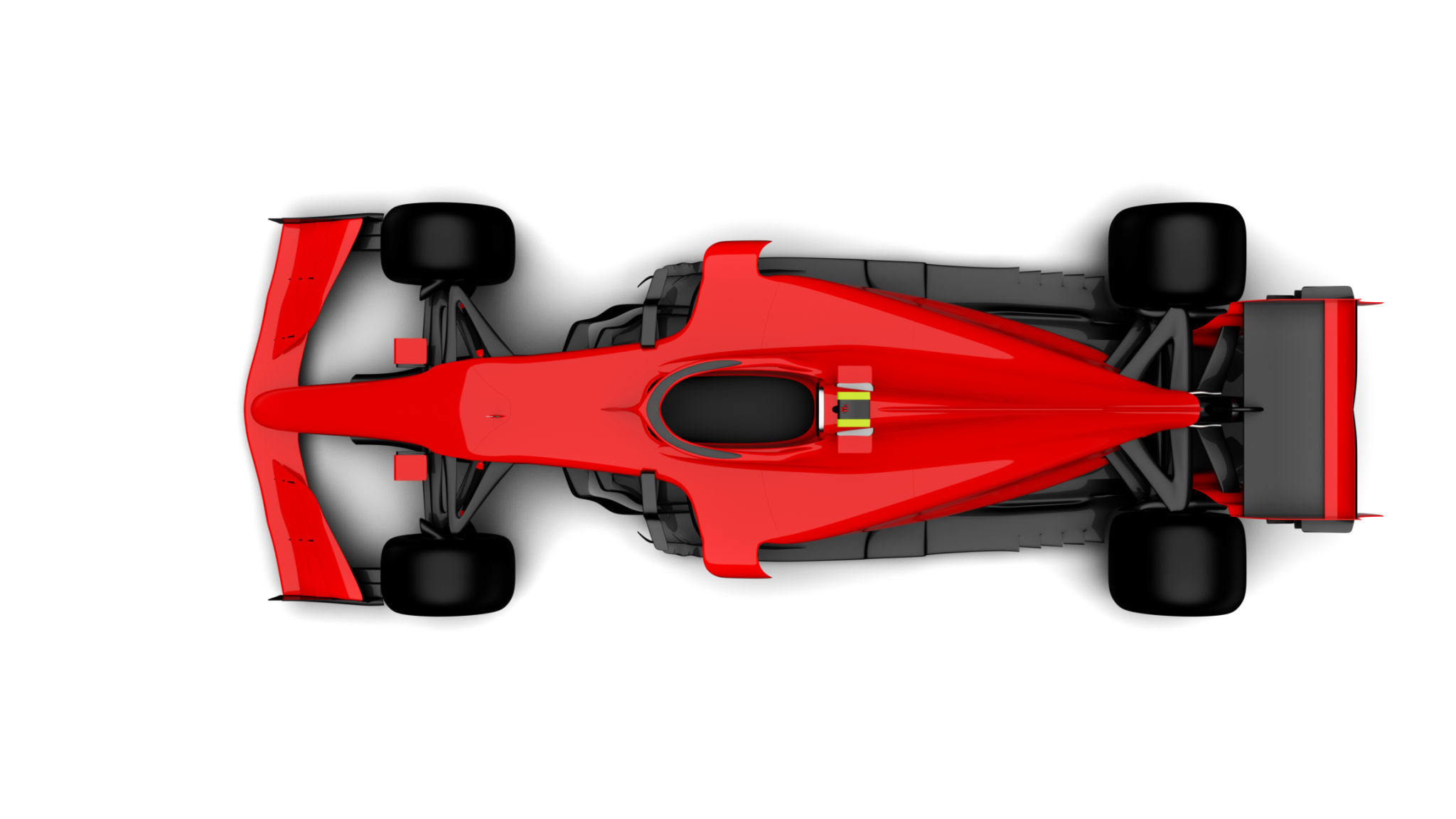Comparing Formula 4 and Other Racing Categories: Which is Right for You?
Understanding Formula 4: The Basics
Formula 4, often referred to as F4, is an entry-level motorsport category designed to bridge the gap between karting and higher racing categories like Formula 3 and Formula 2. Established by the FIA in 2014, F4 aims to standardize the development of young drivers by providing an affordable and competitive platform. The cars used in F4 are single-seaters with a focus on cost efficiency, safety, and parity, ensuring that driver skill plays a crucial role in determining race outcomes.

The Appeal of Formula 4
One of the significant advantages of Formula 4 is its affordability compared to other racing categories. This makes it an attractive option for aspiring racers who are just starting their careers in motorsport. Additionally, F4 races are held across various national and regional championships, allowing drivers to gain exposure in different markets. The standardized regulations also mean that teams can't outspend each other on car development, leveling the playing field for competitors.
Comparing Formula 4 to Other Racing Categories
As drivers progress in their careers, they often consider moving from Formula 4 to other racing categories. Each category has its unique characteristics and challenges, making it essential for drivers to choose the one that aligns with their goals and skill sets. Let's delve into some of the popular categories that drivers might consider after or instead of Formula 4.
Formula 3: Stepping Up
Formula 3 is the next step up from F4 and offers a more competitive environment with faster cars and more advanced technology. The vehicles in F3 feature more powerful engines and sophisticated aerodynamics, which require drivers to adapt their skills to handle increased speeds and technical demands. While the costs are higher than F4, the exposure and experience gained in F3 are invaluable for those aiming for a career in Formula 1.

Touring Cars: A Different Path
For those looking to explore options outside of single-seater racing, touring cars offer an exciting alternative. This category features production-based vehicles modified for racing, providing a distinctive experience from open-wheel racing. Touring car championships are popular worldwide, with series like the British Touring Car Championship (BTCC) and the World Touring Car Cup (WTCR) offering competitive grids and passionate fan bases.
Endurance Racing: The Ultimate Test
Endurance racing is another path that drivers can pursue, offering a different set of challenges compared to sprint races. This category tests not only speed but also consistency, strategy, and teamwork over long-distance races. Events such as the 24 Hours of Le Mans or the World Endurance Championship (WEC) are iconic within motorsport, attracting drivers who excel in maintaining focus and performance over extended periods.

Which Category is Right for You?
Choosing the right racing category depends on several factors, including budget, career goals, and personal interest. Aspiring professional drivers might gravitate towards categories that offer a clear path to Formula 1, such as F4 and F3. However, for those who prefer a more diverse racing experience or wish to explore different aspects of motorsport, touring cars or endurance racing might be more appealing.
Ultimately, the decision should be guided by a combination of passion for the sport and practical considerations like sponsorship opportunities and personal development goals. No matter which path you choose, each category offers unique opportunities to grow as a driver and make your mark in the world of motorsport.
